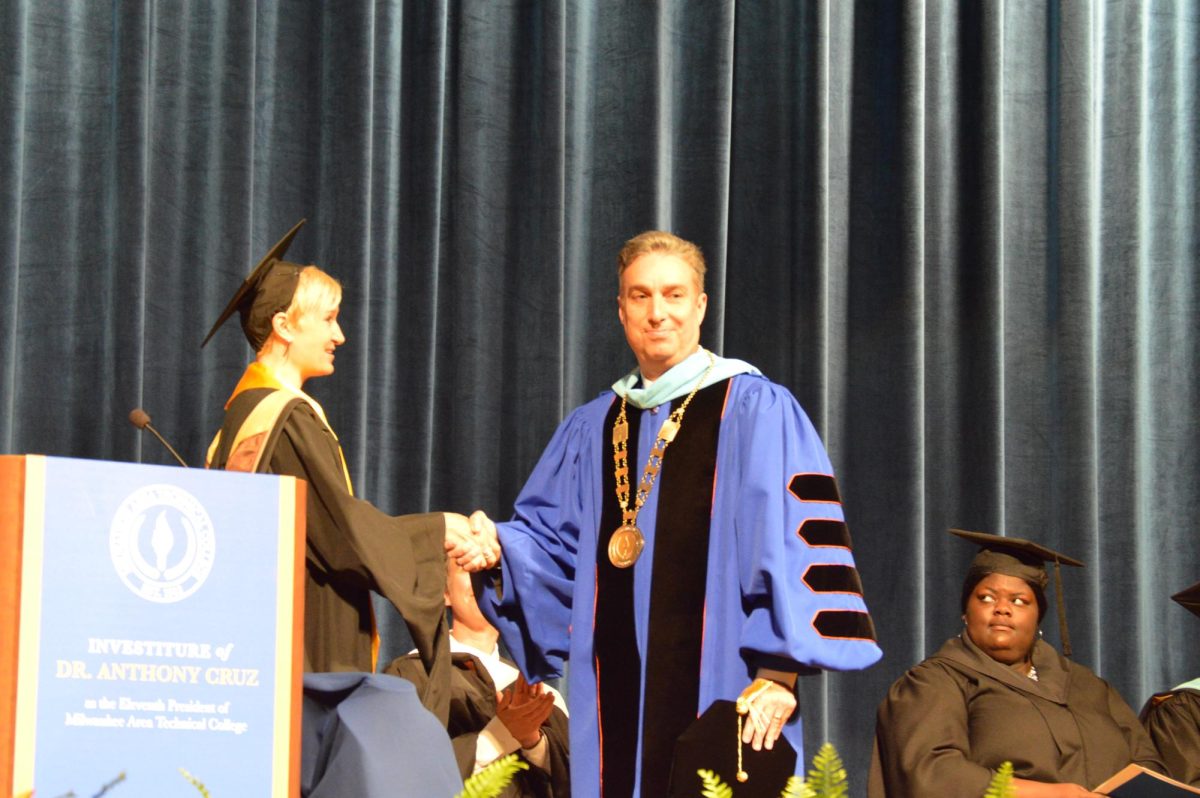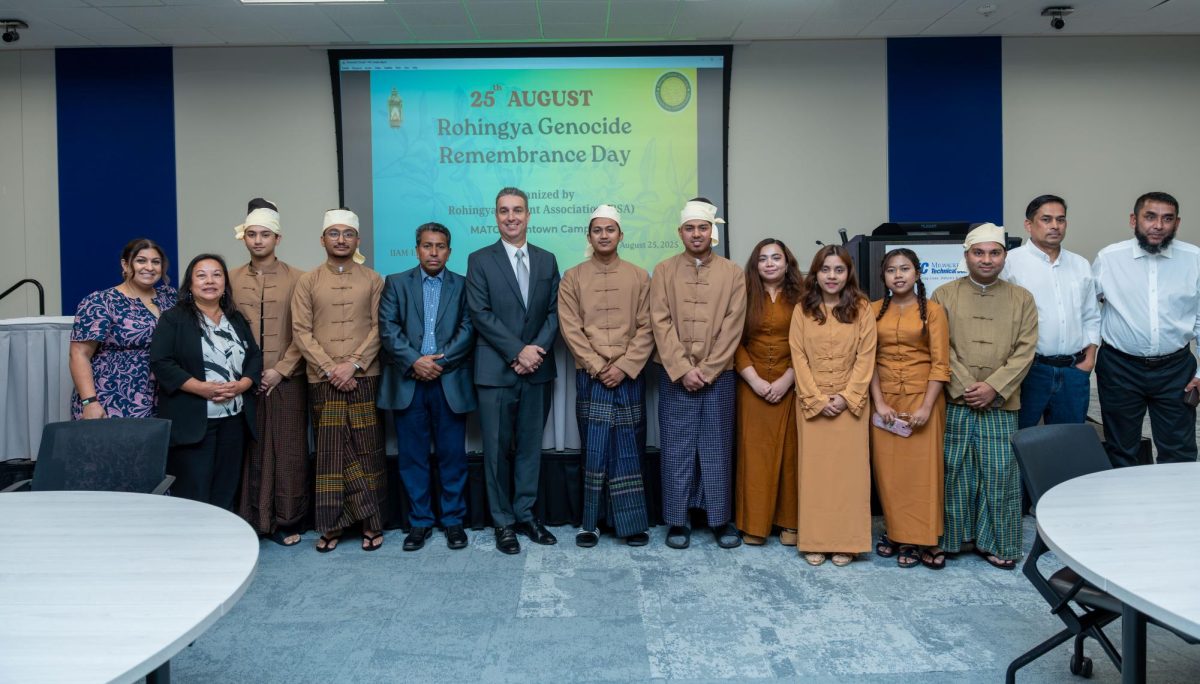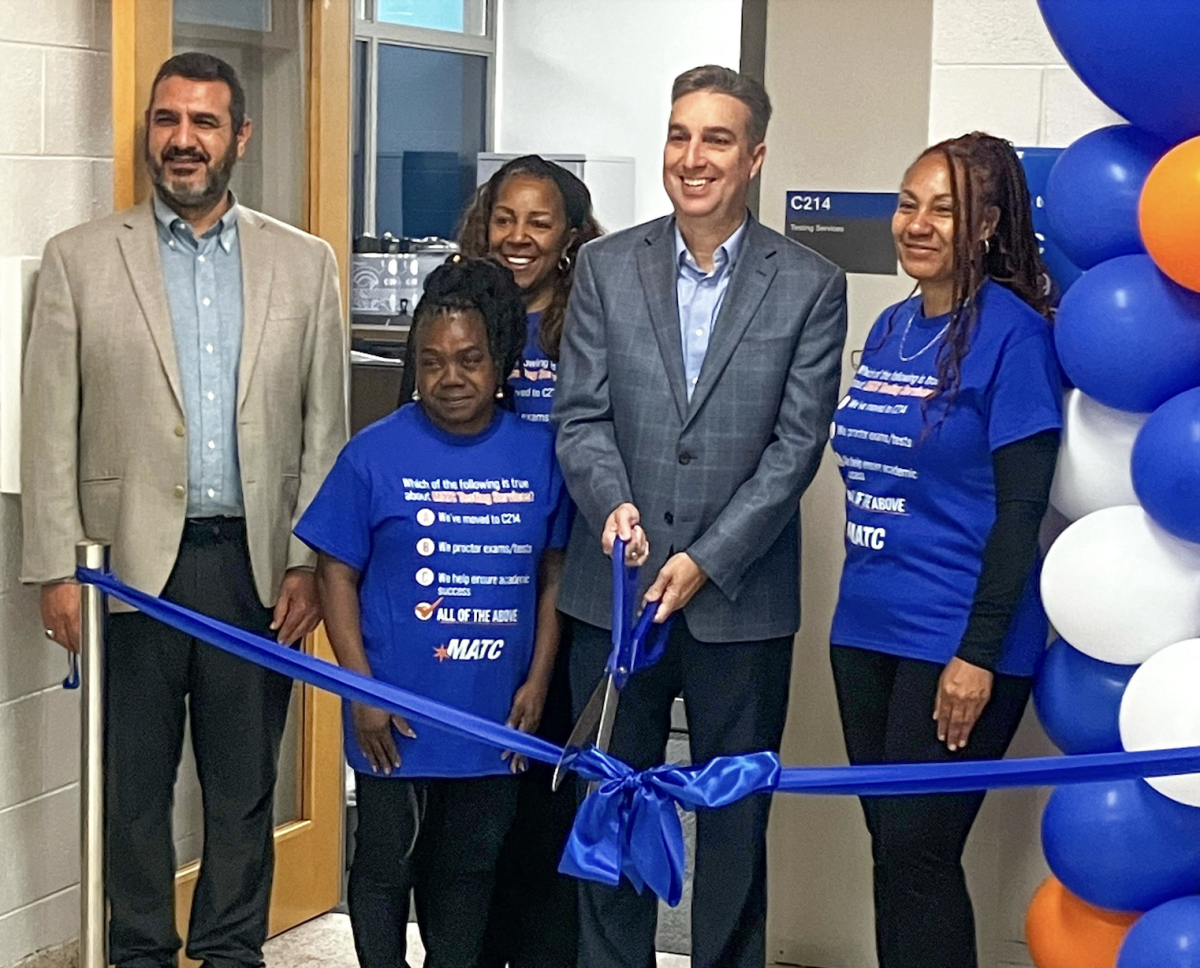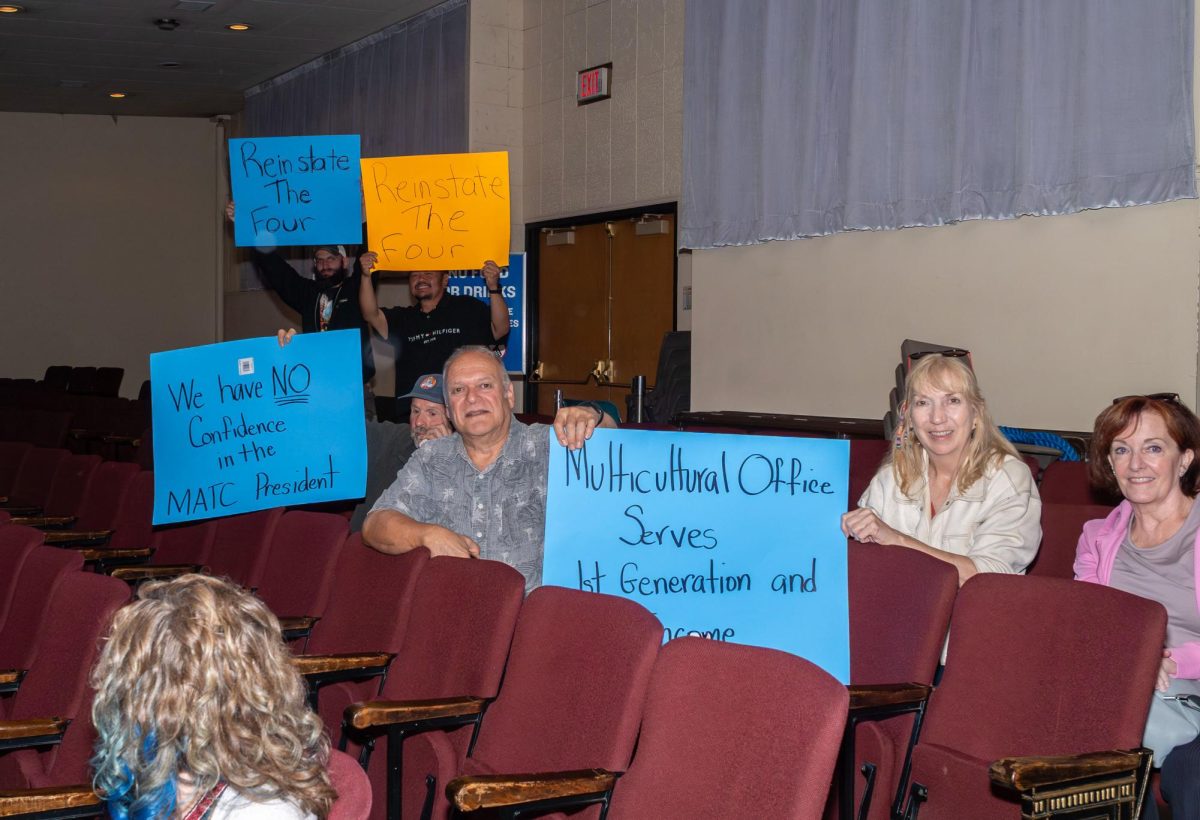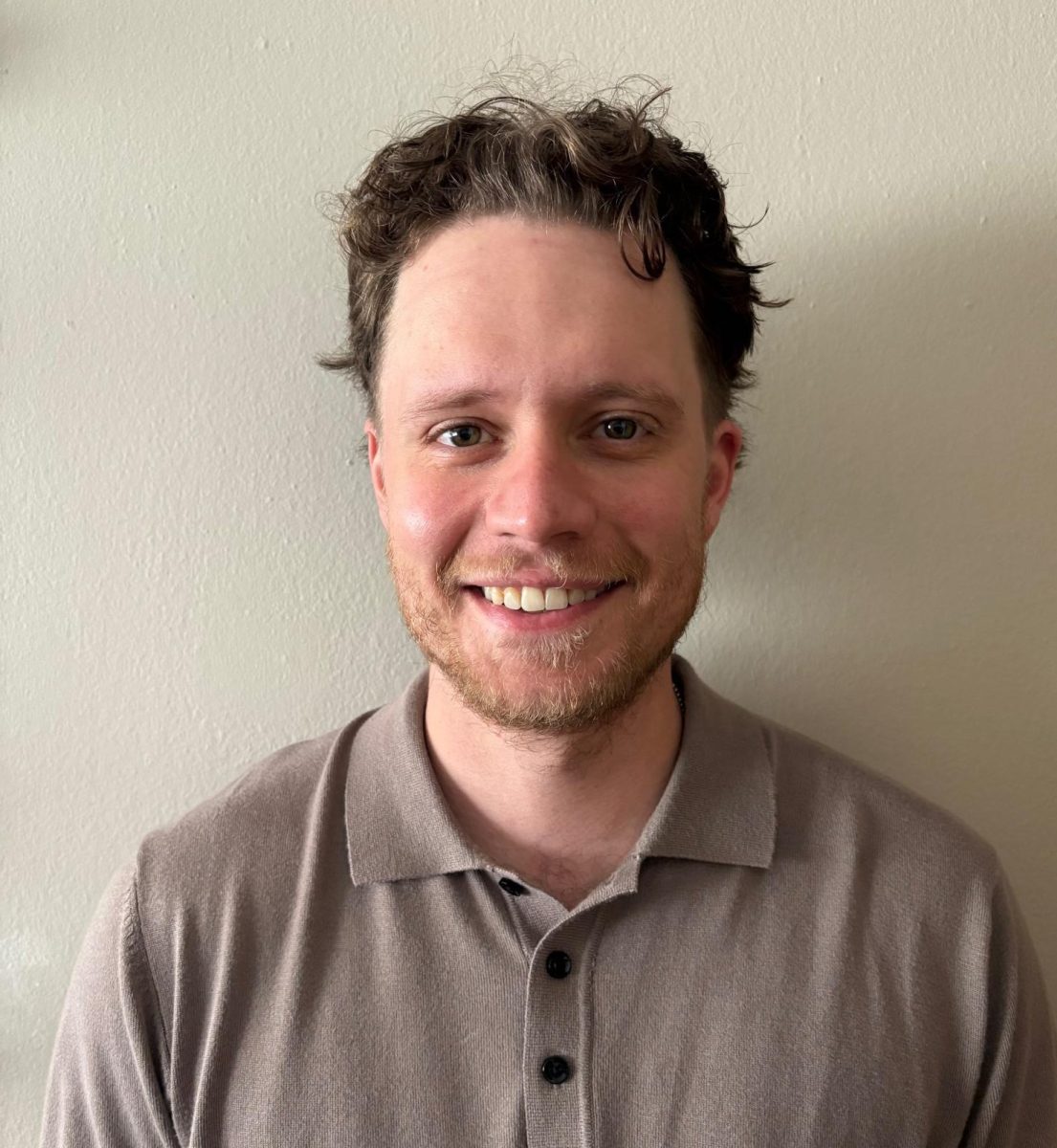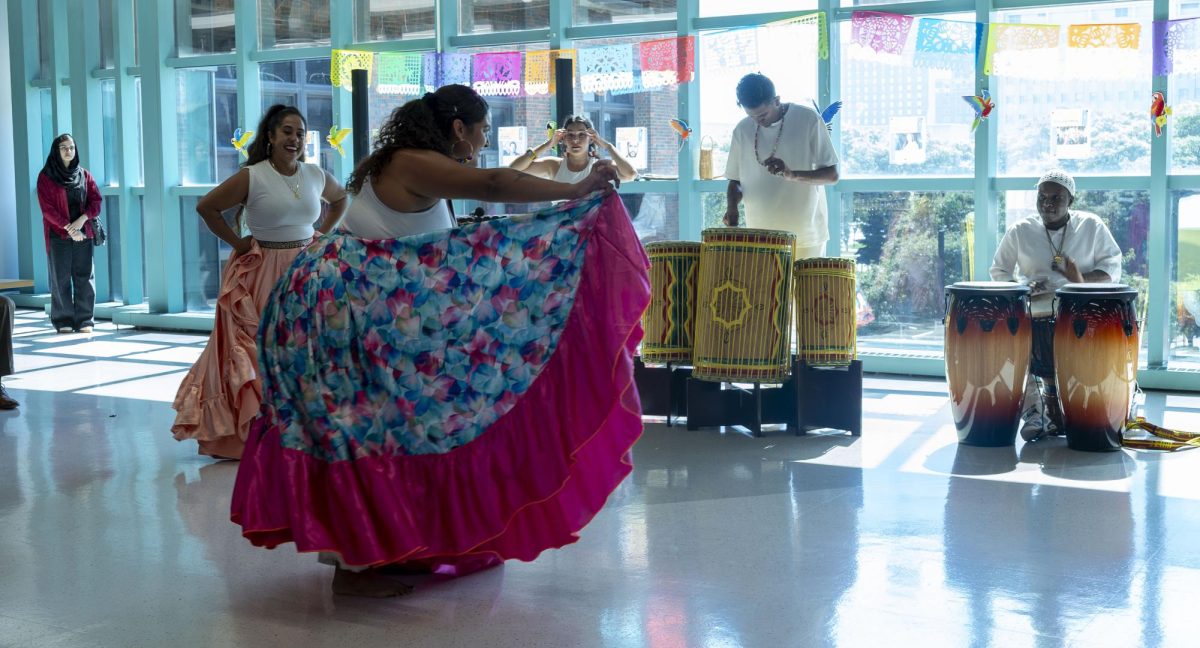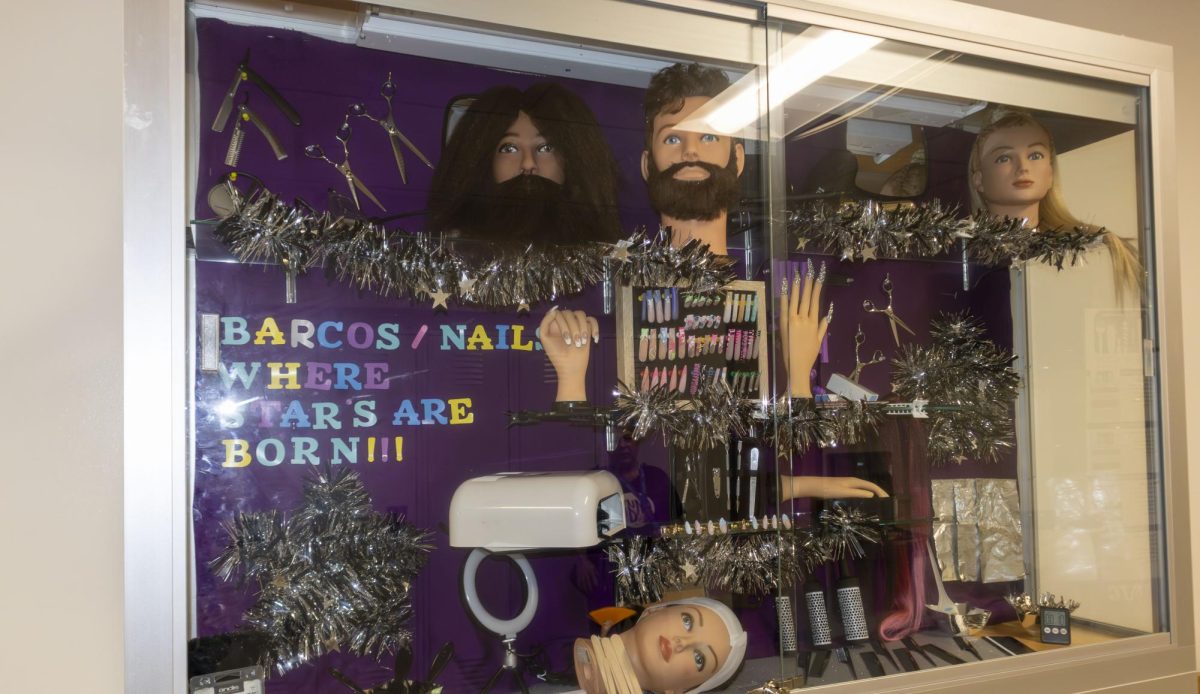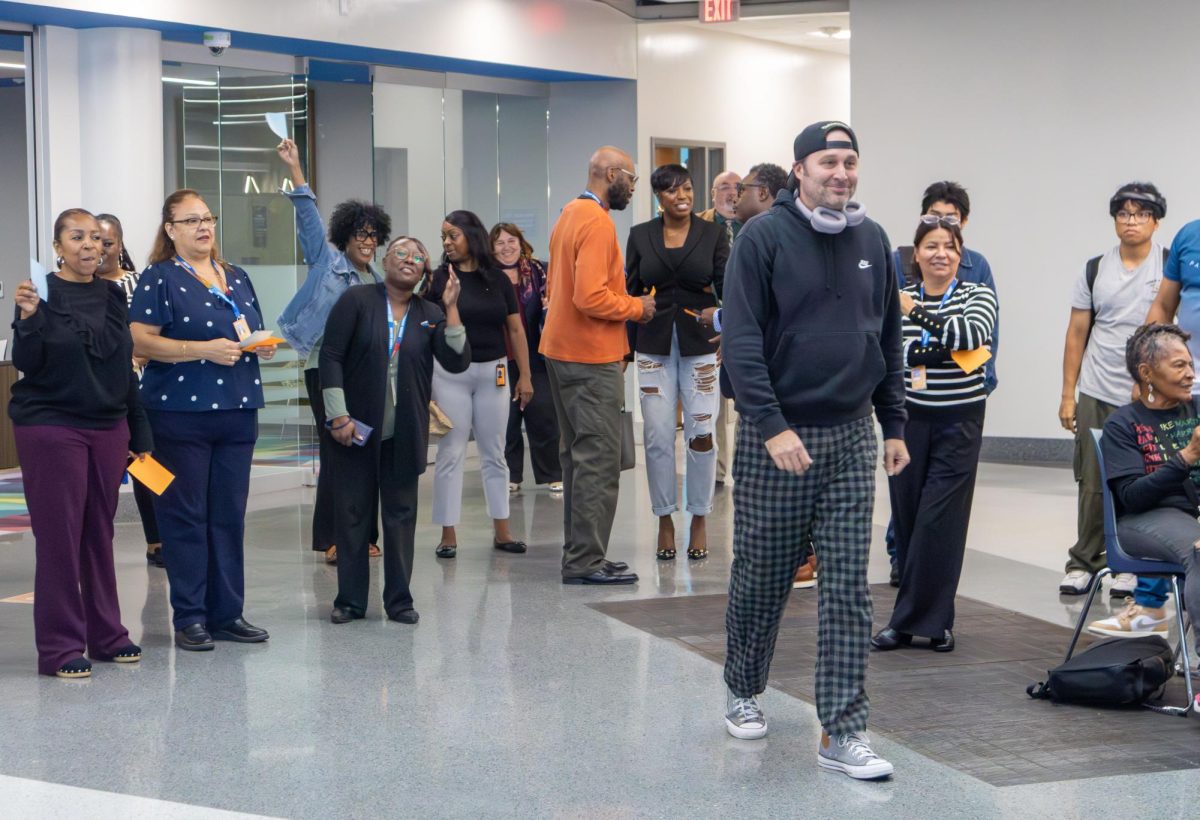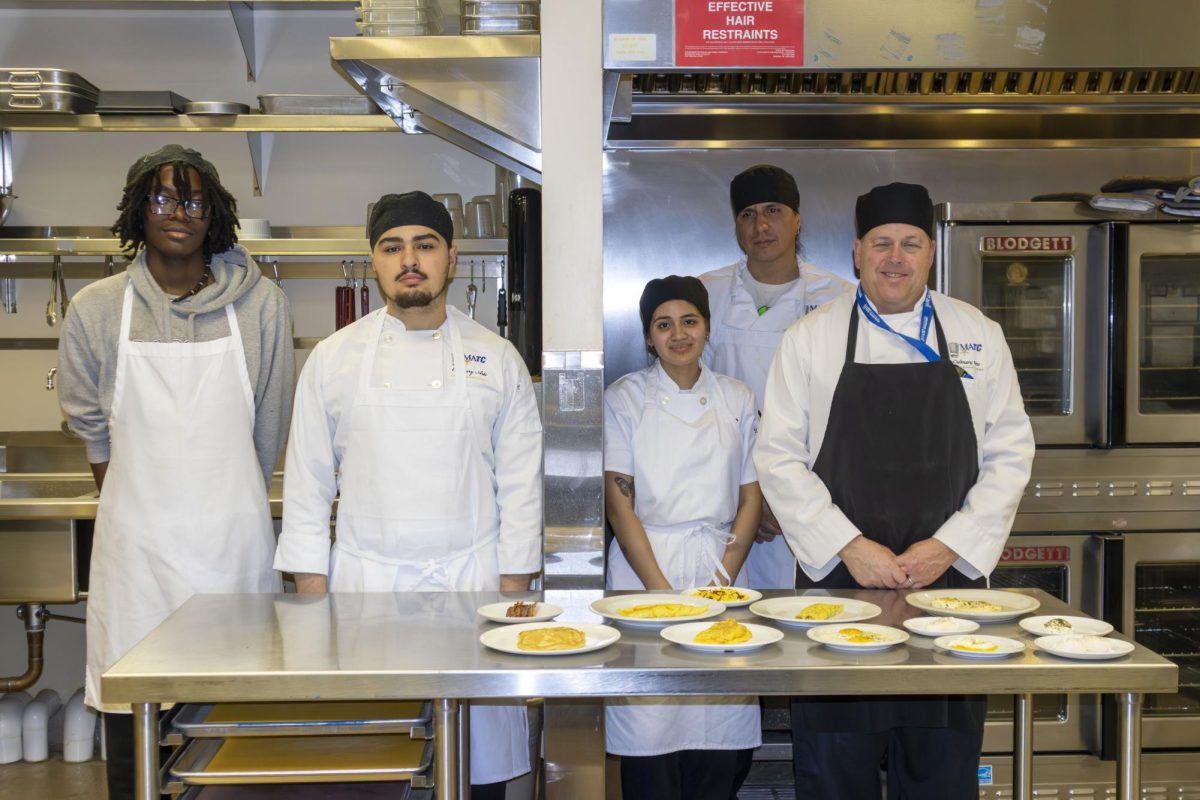Languages create greater opportunities for any college graduate. Students from universities in China learn several languages, becoming proficient in English before they graduate, and developing a stronger comprehension of our culture / trends in the United States. MATC works toward not giving students just a course in a language, but an opportunity to understand the people of that culture.
Currently in the school’s course catalog for the world/foreign languages, we offer only Spanish and French for students to learn skills to communicate effectively, grammar and audio-lingual practice, and give students the fundamentals to listen-read-speak-write in those languages. Deborah Hoem-Esparza, chair of the Foreign Language department said, “We want to provide more than language training; we teach cultural competence. The President’s Diversity Council wants socially and competent students.” What makes MATC foreign language department unique is that they don’t make it solely about the language, but give students the full exposure to the culture of that country.
To enhance the exposure to languages through cultural experience, teachers do different things to get students prepared for the real world. Hoem-Esparza talks about a professor making an effort to get his students to do chat forums. Another professor, Angela Gold, has a chat called “Café Chalar”, a monthly Spanish chat at Caribou Coffee at Mayfair Mall to create a community for the students. Different teachers find ways to dive students into language beyond the textbooks, and put their skills to the test.
Pam Carlson, Language Lab Coordinator understands student needs and sees how effectively and creatively having the right resources strengthens learning.
“Students come in the lab and use the resources in the lab (which is the only one for students working on assignments for languages), providing we are open and staffed to assist them,” says Carlson on her role in the lab. Room M362 in the Main Building of the Downtown Campus is a colorful and vibrant room housing many tools used to advance their techniques outside the classroom.
Diego Heredia, student and local artist, spends his time working in the language lab. They are looking to create a mural down the hall to bring it to life through art. Large removable displays will depict each of the languages offered on campus.
“My vision is to remain active in the art community and have as many exhibits as possible throughout the city,” says Heredia on being an artist. Once the needed budget is approved by the President’s Diversity Council, Heredia could take time off to craft these murals for MATC, bringing the energy and dynamic of the culture through the hallway.
“I would tell anyone to try to be trilingual not just bilingual, it’s an amazing level to be at; even if you’re bilingual, you’re still at an effective level because you can bring so much to any employer,” Heredia added, “to show the growing demand for languages in the U.S.”
Dental Hygiene student Adam Lisowe enjoys the benefits of being bicultural. He found the language lab to be informative and the teaching staff to be awesome. Lisowe shares, “the study abroad trip was one of the greatest experiences this school has to offer; they try to go twice a year. I was able to go to Cuernavaca a year and a half ago. Staying there for three weeks: going to class five days a week. On weekends they take us to historical locations and excursions of the city.” During that time students get to stay with a family and speak in the native tongue and communicate as they were taught. Applied language skills immerse them in the culture.
“Mandarin is coming to MATC during the spring semester in 2013. Once that gets up and running we would be introducing Arabic”, says Hoem-Esparza. “We have so many different people here in Milwaukee and they want to learn more than the traditional languages taught today. We need it; our society needs to learn about languages that aren’t always on the radar. Huge populations speak Mandarin and Arabic and I think that’s what we are supposed to be doing.”
No matter what language you speak now, enroll in a foreign language class to encounter something beyond language, seeing the world in a new way.
Speaking in tongues immerses students in bicultural learning
November 14, 2012
More to Discover

